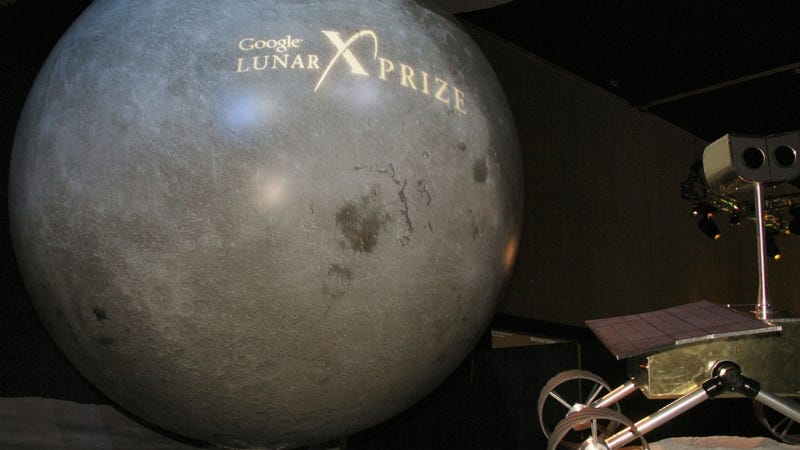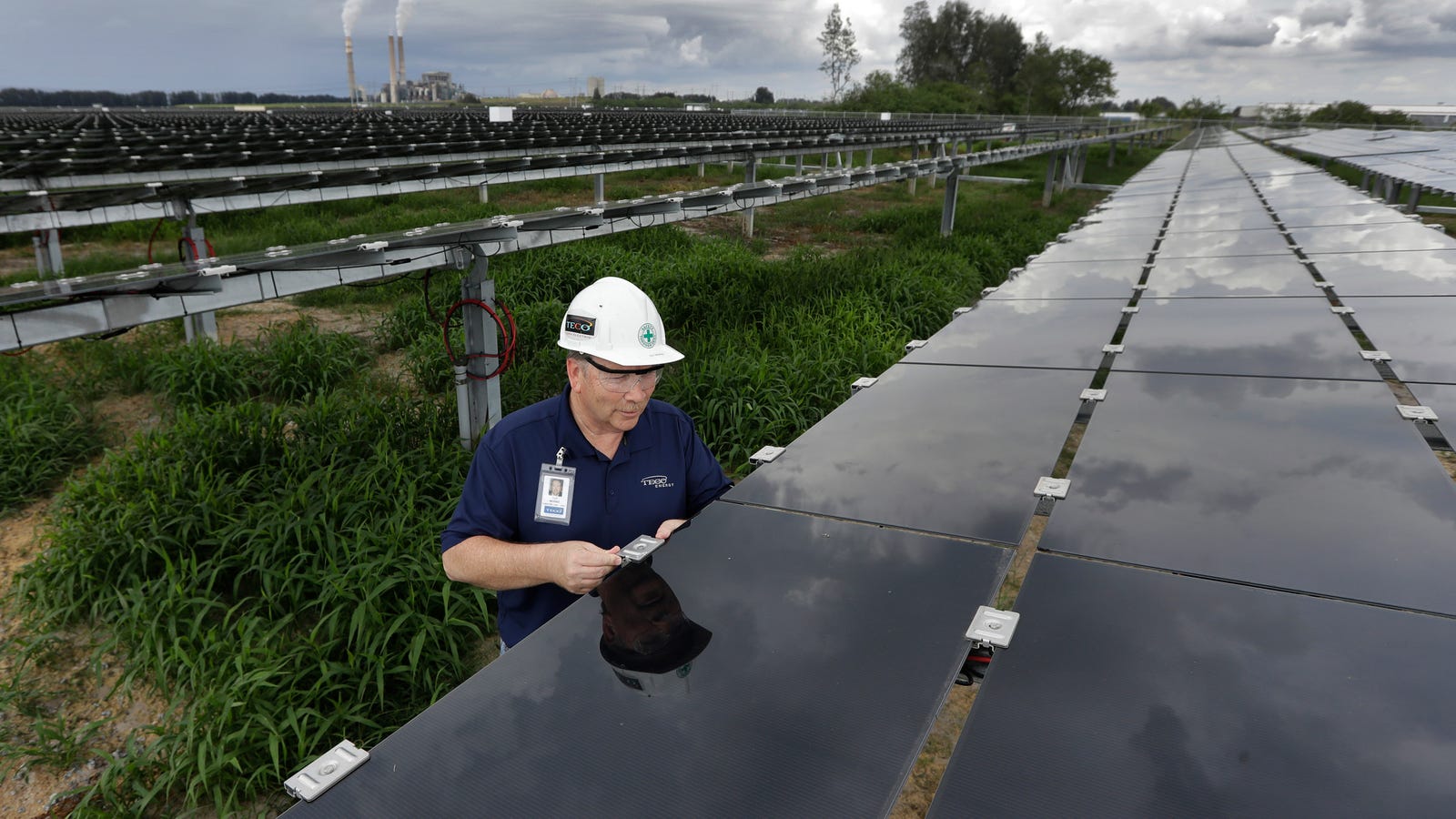
Bose
It’s surprising to realize that the Google Play Store hasn’t sold audiobooks until now. Google announced that its online store, which is the go-to for most people when it comes to Android apps, will now sell audiobooks that users can access on Android, iOS, and the web. The audiobooks section of the Play store is currently available in 45 countries and in nine languages. In addition to listening to books without a subscription, some users can call upon the Google Assistant to read books to them.
Much like Apple’s audiobooks in its online store, titles in the Google Play Store are available for purchase with no subscription necessary. Amazon’s audiobook service Audible also sells one-off audiobooks, but the company strongly encourages customers to sign up for its monthly subscription service. For the launch, Google slashed prices of some popular titles—Ernest Cline’s Ready Player One is just $6.99 for now, down from $22.50, and Angie Thomas’ The Hate U Give is $8.99, down from $25.99—and the company is offering 50 percent off your first audiobook purchase. Google’s original audiobook prices seem a bit lower than Audible’s, but it’s unclear if Google will consistently undercut Amazon’s and Apple’s audiobook prices in the future.
Those with an Android device or a Google Home can ask the Google Assistant to read books to them. “Ok Google, read my book…” followed by the title will prompt the Assistant to play the audiobook from your library. Since Google has a stop timer feature for its audiobooks, users can tell the Assistant when to stop the audiobook (“Ok Google, stop playing in 30 minutes.”) and ask basic questions about the title (“Ok Google, who is the author?”). The only downside is that this Google Assistant integration is only available on Android and Google Home right now, but it will come to Android Auto in the US sometime soon.
Google has added many of the necessarily features that audiobook lovers need from their services: customers can listen to a preview of the audiobook before buying the book, purchased titles can be accessed anywhere, and your progress will sync across all devices. As mentioned earlier, you can set a sleep timer, and you can speed up the playback to hear the book at a faster rate. Customers can also share books with family members by adding titles to the Family Library section of their Google account at no additional cost.
E-books have been available through Google and accessible via the Google Play Books app for quite some time, but audiobooks is a welcomed addition to the store. Audiobooks have become increasingly popular and it’s smart (and arguably necessary) for Google to embrace the trend. But in addition to competitive pricing, Google will also have to have an audiobook library big enough to entire customers away from the likes of Audible.
from Ars Technica http://ift.tt/2Dz7Lti
via IFTTT





